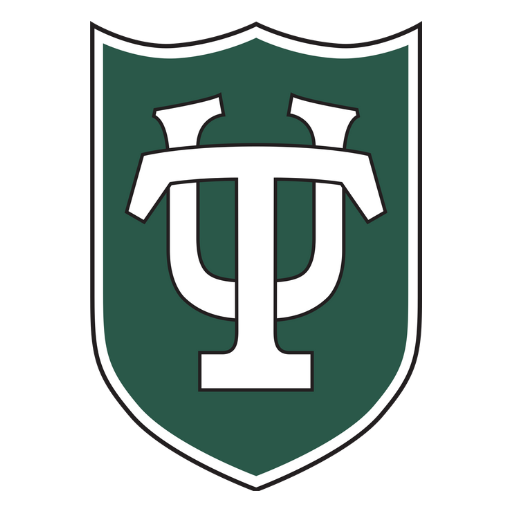📖Program Curriculum
Our spiral curriculum means you will re-visit core topics building on your knowledge as you progress through the degree.
In Year 1 you will cover a range of units including: health and disease the body's defence emergencies lifecourse brain and mind pregnancy and lifestyle.
Year 2 sees you re-visit many aspects of biomedical behavioural and social science with an increasing emphasis on complexity and pathology. You will learn through integrated units such as: mechanisms of disease inputs and outputs movement and trauma circulation breath of life and sensorimotor systems.
Years 3 and 4 enable you to build on the foundations of clinical knowledge and skills through immersion in clinical placements while continuing to develop and apply biomedical behavioural and social science knowledge. Within year 3 you will cover topics such as: medicine surgery elderly care mental health and paediatrics and complete a general practice clinical placement. You will revisit many of these topics in Year 4 but will also cover women's health neurology and musculoskeletal systems.
The final year of the MBChB prepares you for professional practice as a Foundation Year 1 doctor. You will undertake extensive student assistantships including: out of hours evening and weekend working general practice acute and critical care (including emergency medicine intensive care and anaesthesia) medicine and surgery.
SCHOLARSHIP AND STUDENT-SELECTED COMPONENTS
Scholarship activities and student selected components (SSCs) complement our MBChB course. These offer you opportunities to learn about how medical knowledge develops through research and to focus on particular areas of interest in medical science clinical medicine or public health in greater depth. You will select a component in each year of study which has clear objectives and will be assessed accordingly. For example in Year 1 you will produce a library-based mini-review of an academic topic under the supervision of a member of the teaching and/or research staff.
CLINICAL PLACEMENTS
You will have extensive experience of clinical placements in both primary and secondary care settings and in the non-NHS community sector ("third sector"). Clinical placements will take place across Staffordshire Shropshire and other adjoining counties. We are committed to providing you with opportunities to build your awareness of the health and wellbeing of a variety of demographics to strengthen your appreciation of the wider determinants of health such as socio-economic cultural and environmental conditions.
Beginning in Year 1 you will be encouraged to think of community and social dimensions of illness and health throughout your academic studies and placements.
You will have placements with community services and general practices in Years 1 and 2 and over 20% of teaching in Years 3 4 and 5 takes place in general practice. Examples of other community services we use are schools workplaces residential homes and drop-in centres to name but a few: all places that contribute to the health and care of people.
INTERCALATION
Further opportunities for exploration of special interests are available through intercalation. Options for intercalation to pursue an additional qualification include studying at bachelor’s level after the second year or master’s level after the fourth year.
Intercalation is a year out of your undergraduate medical studies to study a subject area in greater depth before returning to complete the medical course. An intercalated degree provides you with an opportunity to gain an additional qualification in a medicine-related subject that interests you acquire a better understanding of basic biomedical sciences medical humanities or research methodologies publish scientific papers and present at conferences.
Show less








